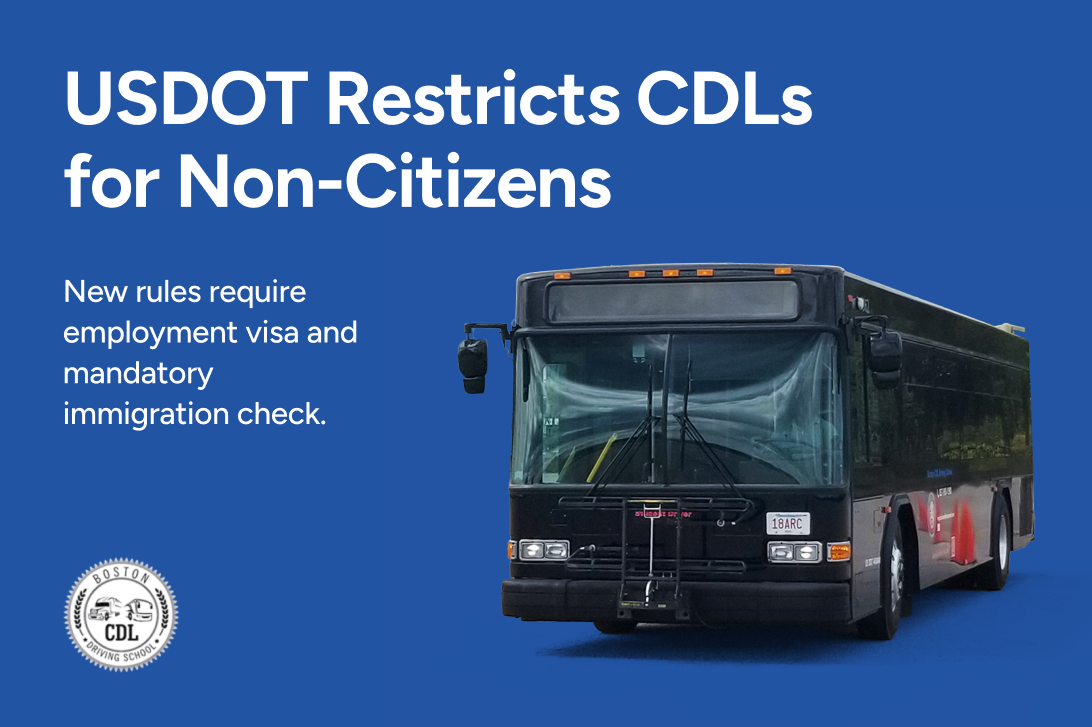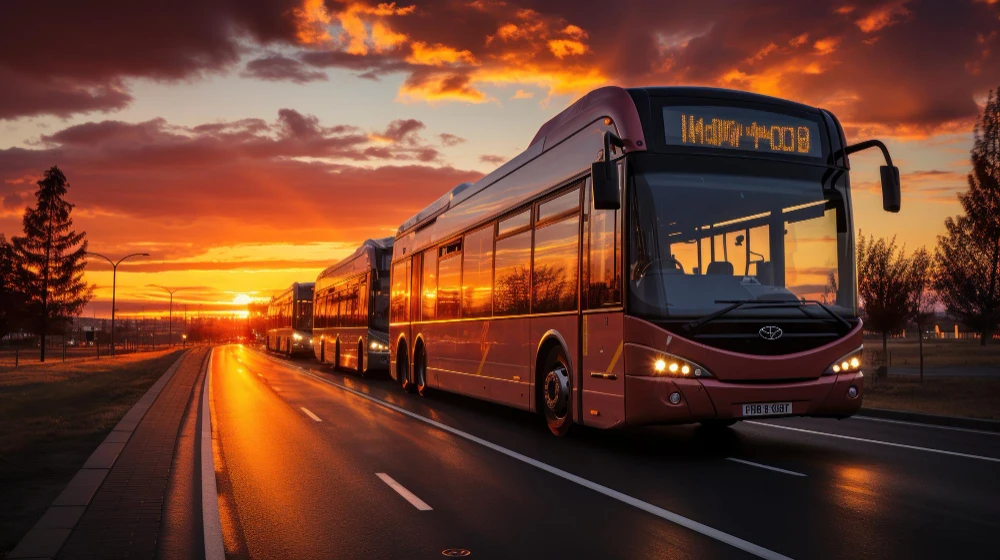The U.S. Department of Transportation (USDOT) has introduced sweeping new restrictions on non-citizens seeking commercial driver’s licenses (CDLs). The emergency measures—prompted by a recent fatal crash in Florida involving a driver in the country illegally—require applicants to hold an employment-based visa and pass a mandatory federal immigration status check before qualifying for a CDL or learner’s permit.
These changes significantly narrow the pool of eligible foreign drivers, further tightening an industry already struggling with a nationwide shortage of licensed commercial drivers.
Key Restrictions and Requirements
Under the new rules, the following conditions must now be met by all non-citizen CDL applicants:
- Lawful Immigration Status: Only individuals with proof of lawful immigration status in specific employment-based nonimmigrant categories may apply for a non-domiciled CDL or learner’s permit.
- Federal Immigration Status Check: All applicants are subject to a mandatory federal immigration verification through the Systematic Alien Verification for Entitlements (SAVE) program.
- Employment-Based Visa Requirement: Applicants must hold a valid employment-based visa to qualify for testing and licensing.
Background and Rationale
Fatal Crash in Florida
The immediate driver behind the rule change was an August 2025 multi-vehicle crash in Florida. The driver involved, originally from India, was allegedly in the U.S. illegally. The incident killed multiple people and exposed gaps in how states vet non-citizen CDL applicants.
English Proficiency Concerns
Investigators also found that the driver had failed an English language proficiency assessment, raising questions about the adequacy of testing and oversight for foreign drivers.
Federal vs. State Authority
While states issue CDLs, they must follow federal requirements under the Federal Motor Carrier Safety Administration (FMCSA). The USDOT’s emergency action now obligates states to enforce these tighter restrictions for all non-domiciled CDL applicants.
Impact on the Trucking Industry
Stricter Regulations
The new rules effectively close off access to CDLs for most non-citizens, especially those without employment-based visas. This change may reduce the number of available drivers at a time when the industry already faces workforce shortages.
Focus on Safety
USDOT argues the move is about protecting the public. By ensuring only individuals with verified immigration status and lawful work authorization operate heavy trucks, regulators aim to reduce risks linked to unvetted or unauthorized drivers.
Visa Challenges
The action comes on the heels of the State Department pausing the issuance of work visas for truck drivers, compounding concerns about how the trucking industry will recruit qualified operators in the future.
What’s Next?
For the trucking industry, these measures mark a turning point. Carriers, training schools, and recruitment agencies will likely need to adjust hiring and training strategies, focusing more heavily on U.S. citizens and lawful permanent residents.
For policymakers, the challenge will be balancing road safety concerns with the urgent need for drivers in a sector vital to the American economy.
FAQs
1. What is a non-domiciled CDL?
A non-domiciled CDL is a commercial driver’s license issued to individuals who are not permanent residents or citizens of the United States but need authorization to operate commercial vehicles within the country.
2. Who is eligible for a non-domiciled CDL under the new USDOT rules?
Only non-citizens with lawful immigration status in specific employment-based nonimmigrant categories and a valid employment-based visa are now eligible.
3. How is immigration status verified for CDL applicants?
All non-citizen applicants must undergo a federal immigration status check through the SAVE (Systematic Alien Verification for Entitlements) program before being issued a CDL or learner’s permit.
4. Why did the USDOT tighten CDL requirements for non-citizens?
The rule change was prompted by a fatal multi-vehicle crash in Florida in August 2025, involving a truck driver who was reportedly in the U.S. illegally and had failed an English language proficiency assessment. The goal is to improve safety and prevent unauthorized drivers from operating large trucks.
5. Can non-citizens still become truck drivers in the U.S.?
Yes—but only those with the proper employment-based visas and verified immigration status. Individuals in the country illegally, or those without approved work authorization, are no longer eligible for a CDL.
6. How will this affect the trucking industry?
The trucking industry may see fewer foreign drivers entering the workforce. Combined with the State Department’s pause on work visas for truck drivers, these restrictions could worsen the driver shortage, though USDOT emphasizes that the priority is road safety.





